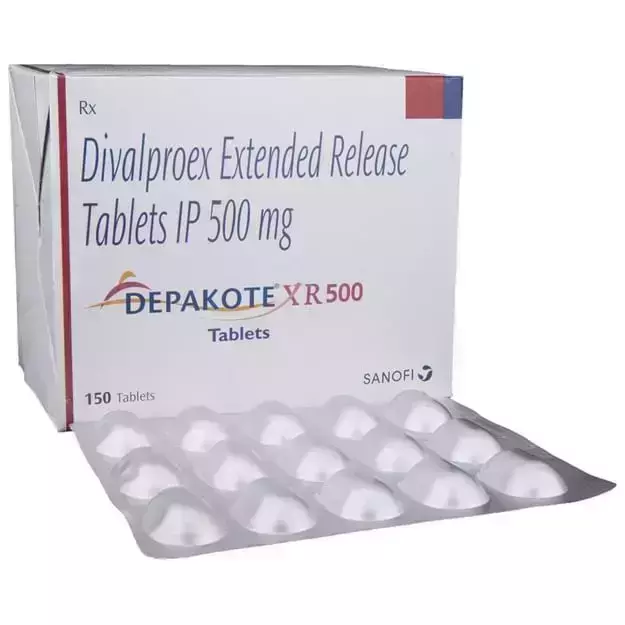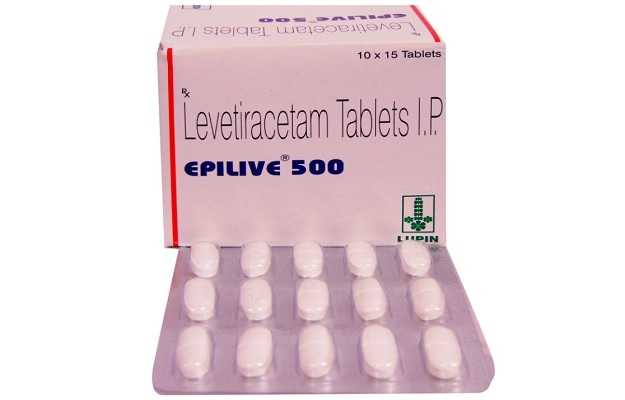Valcot is a commercial drug that is prescribed in the form of Tablet. It is primarily used for the treatment of Epilepsy. The alternative uses of Valcot have also been explained below.
The optimal dosage of Valcot is largely dependent on the individual's body weight, medical history, gender and age. The condition it has been prescribed for, and the route of administration also determine the right dosage. For detailed information on this, read through the dosage section.
The most common side effects of Valcot are Loss of appetite. Besides the aforementioned side effects, there are other adverse effects of Valcot as well, which are listed below. Such side effects of Valcot normally do not last long and go away once the treatment is completed. However, if these continue for a longer time, consult your doctor right away.
It is also important to note that Valcot has a Severe effect for pregnant women and Mild effect on lactating mothers. It is important to know if Valcot has any effect on the kidney, liver and heart. Information on such adverse effects, if any, has been given in the Valcot related warnings section.
Valcot can cause adverse effects in certain medical conditions. It is strongly recommended to avoid Valcot in conditions like Depression. Other contraindications of Valcot have been discussed in the sections ahead.
Drug reaction of Valcot with other medicines has been reported. See below for a complete list.
Along with the above-mentioned precautions, remember that taking Valcot is considered not safe while driving, and is not addictive.
X



















